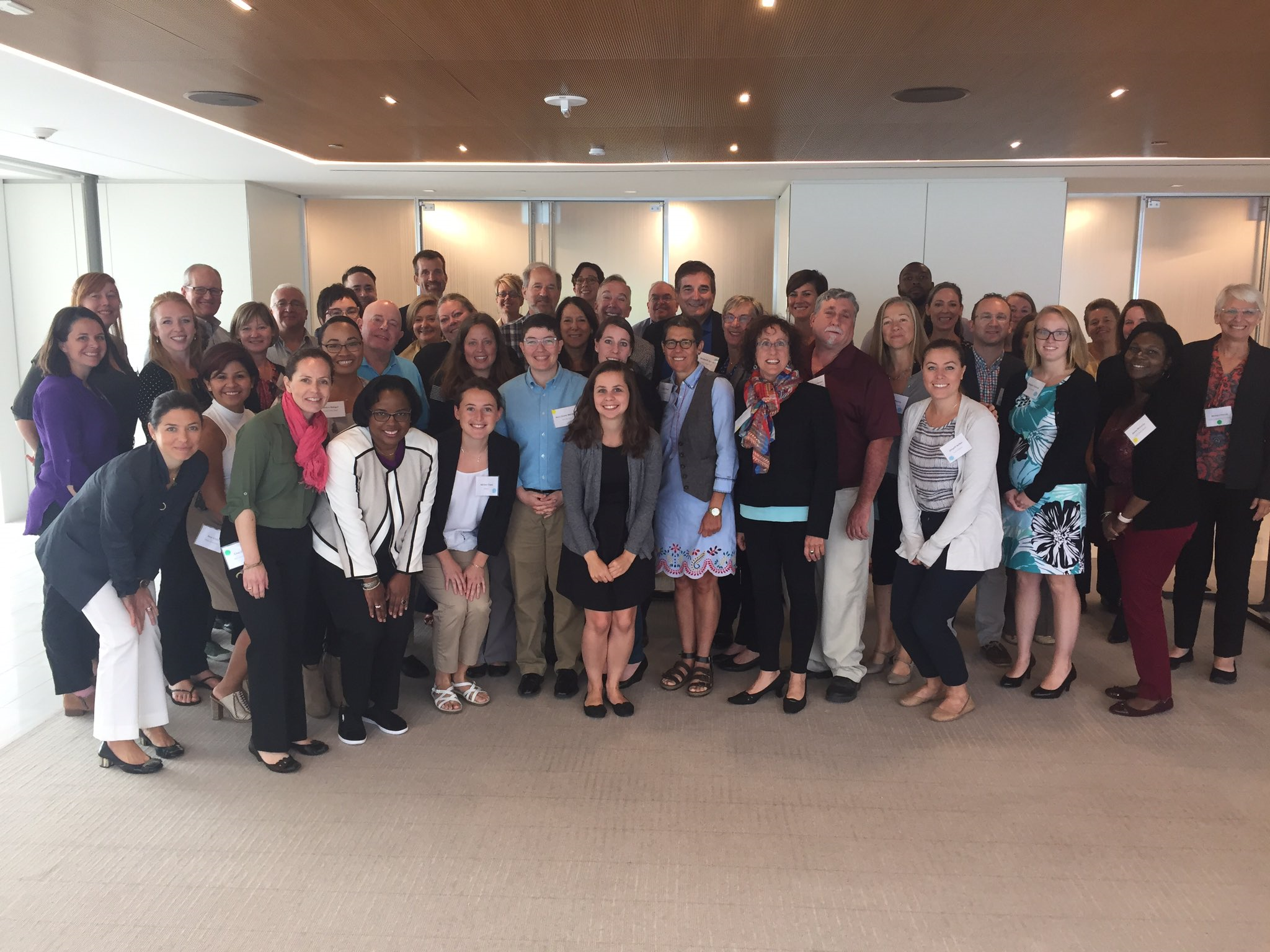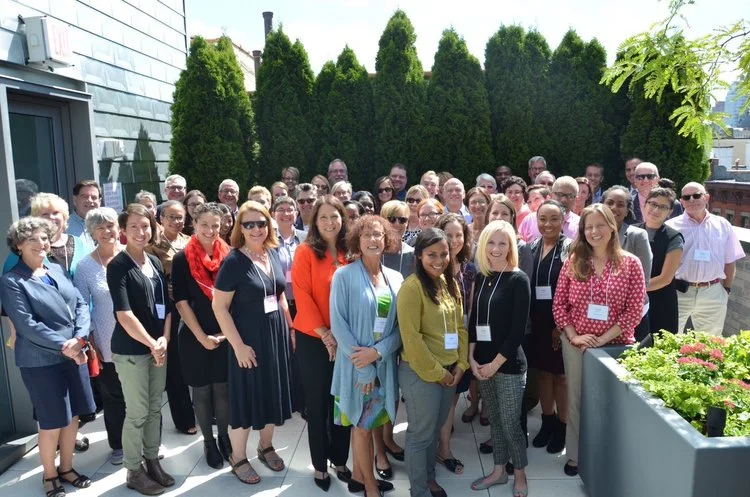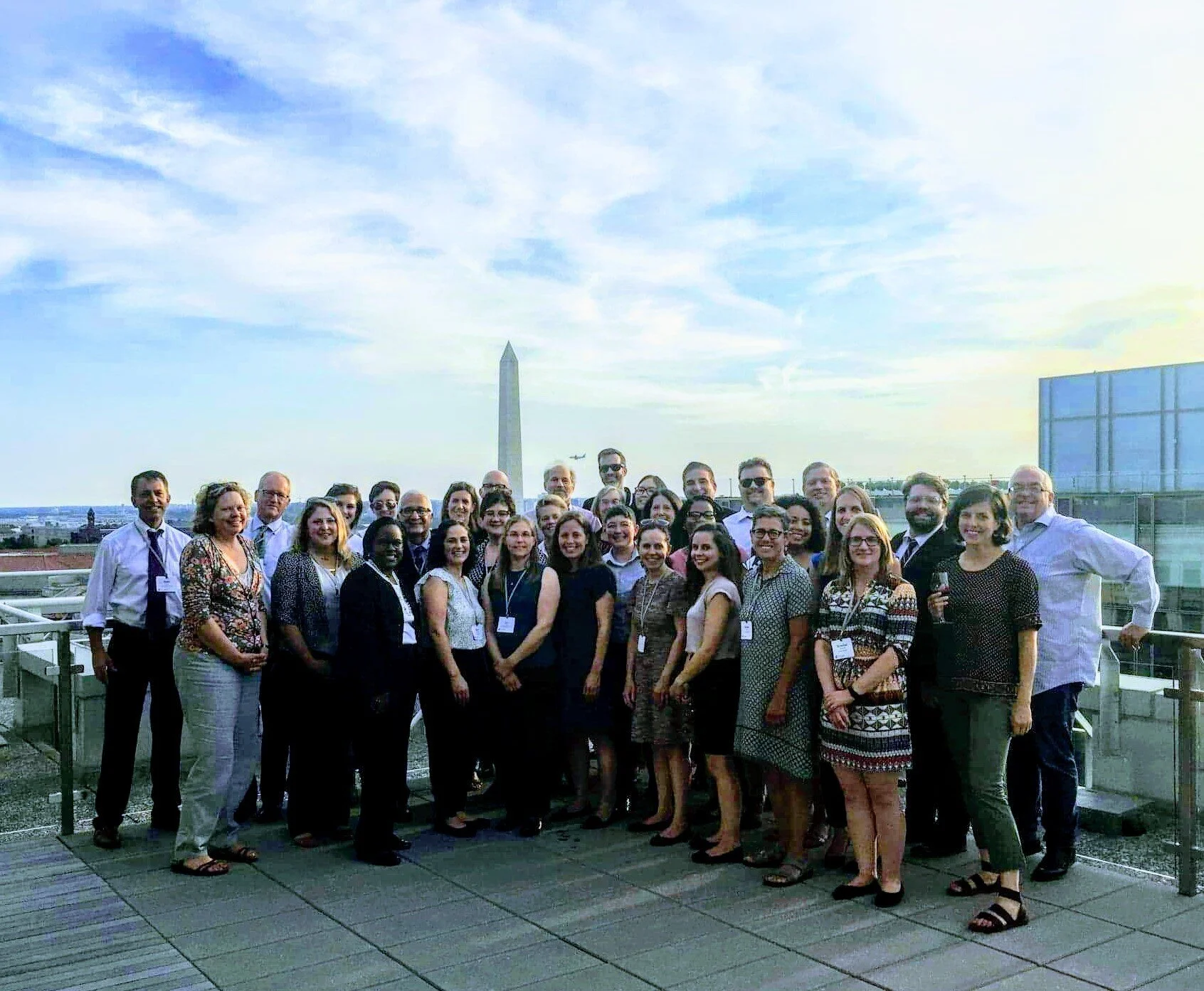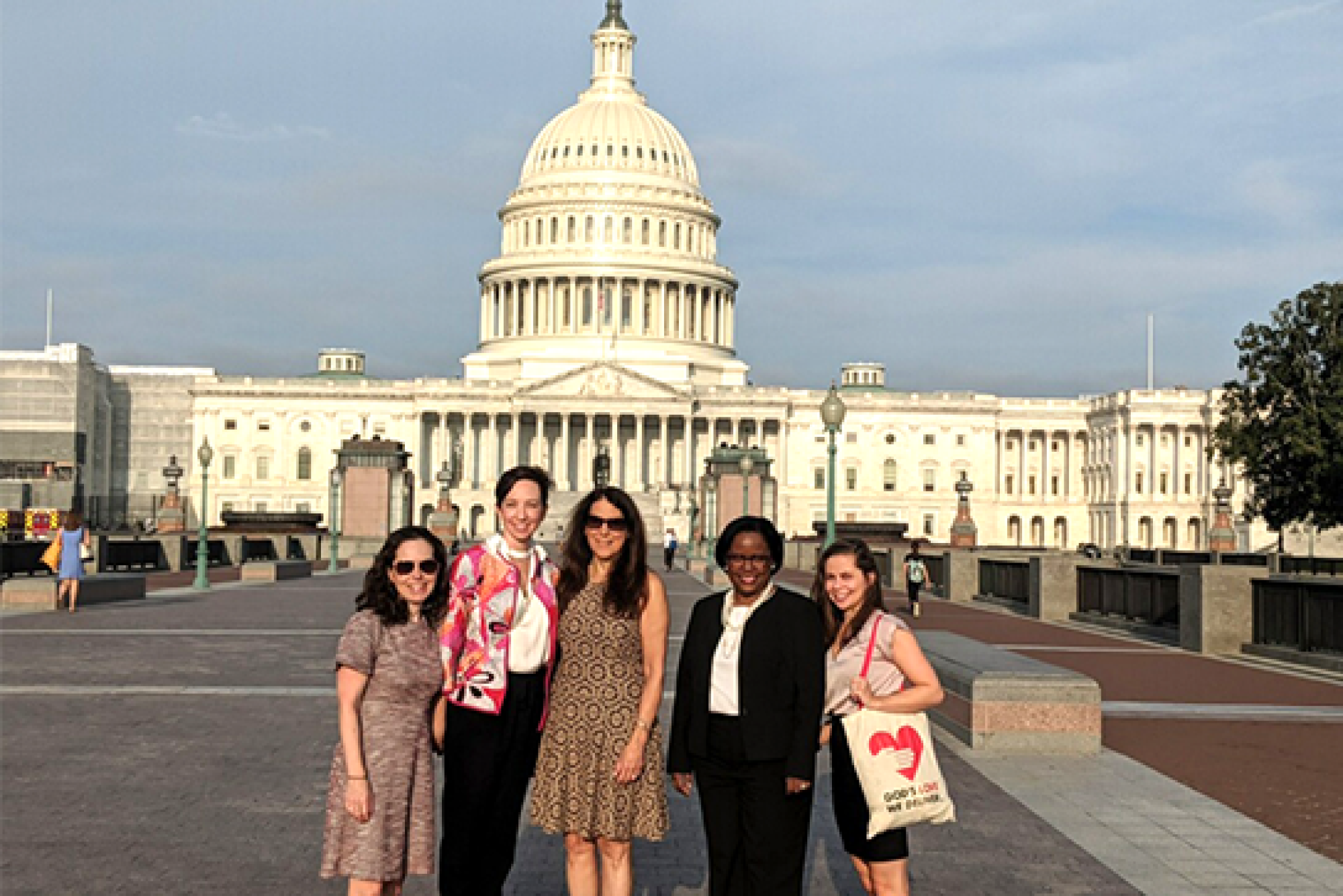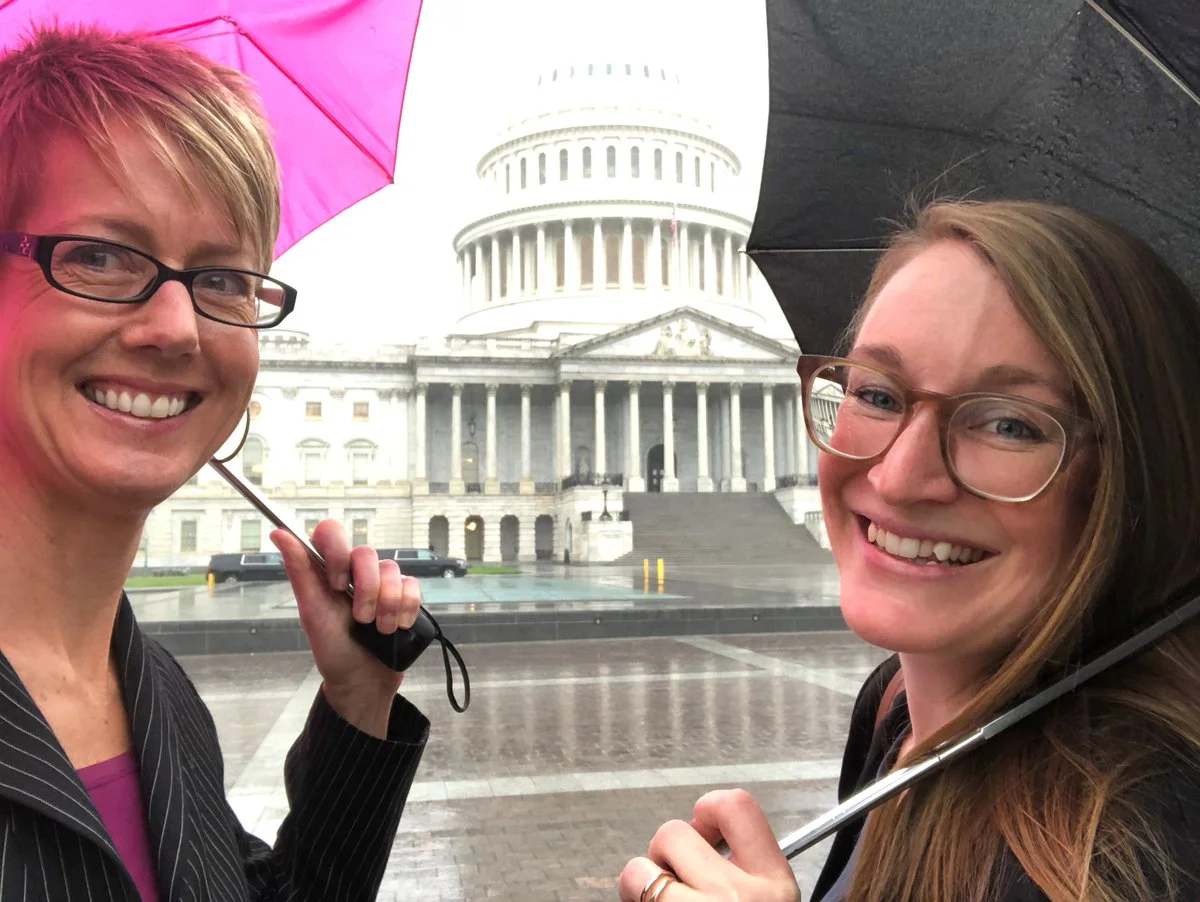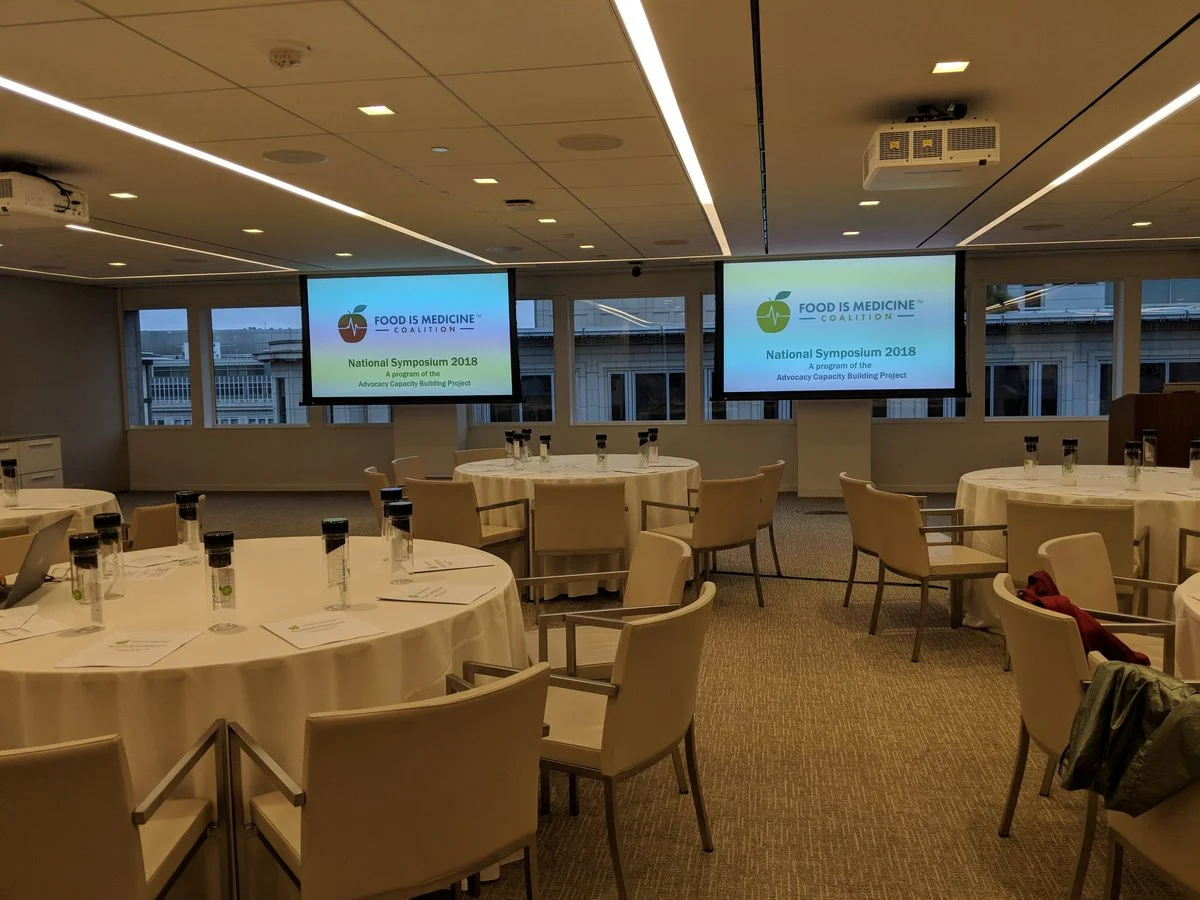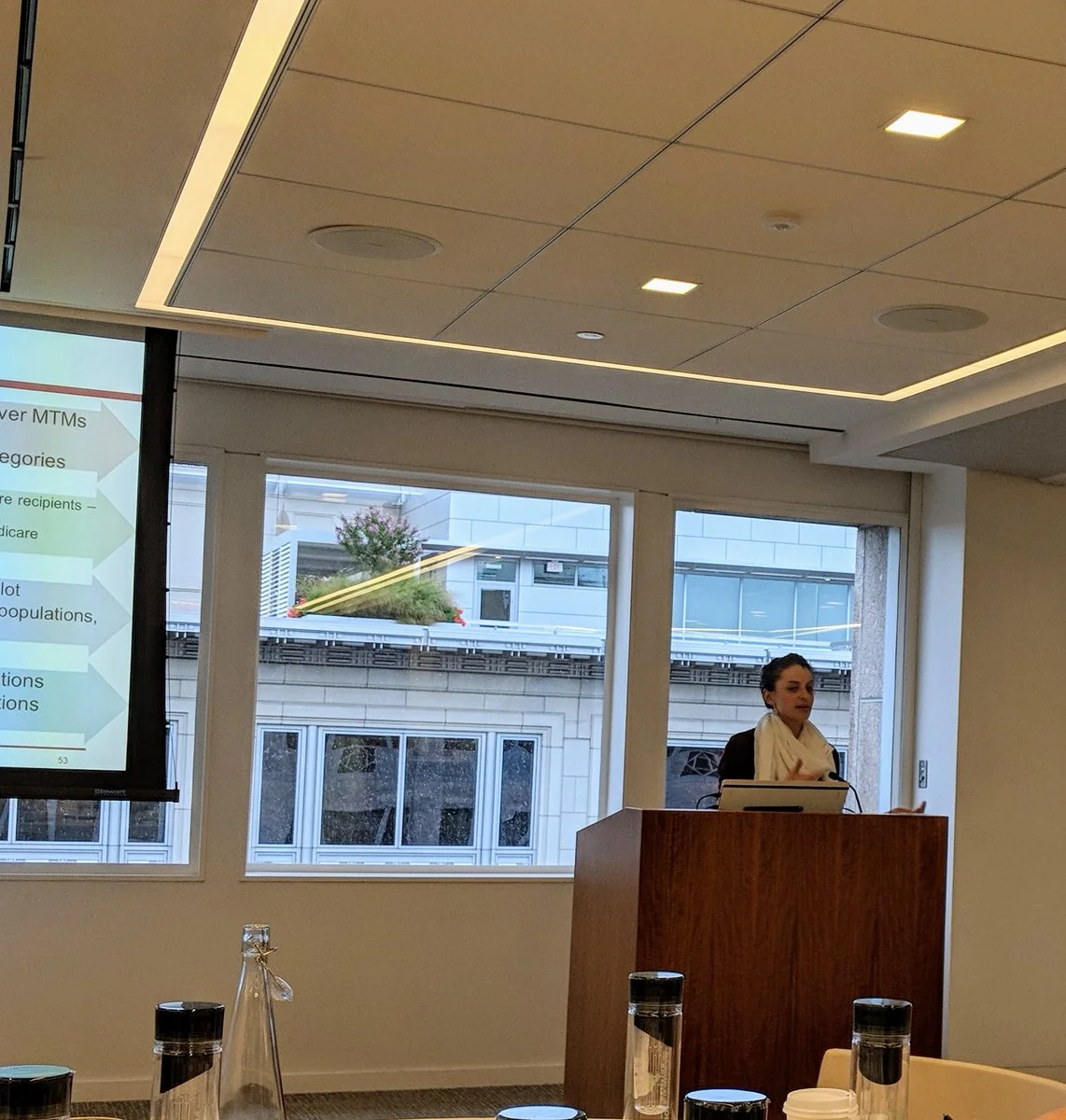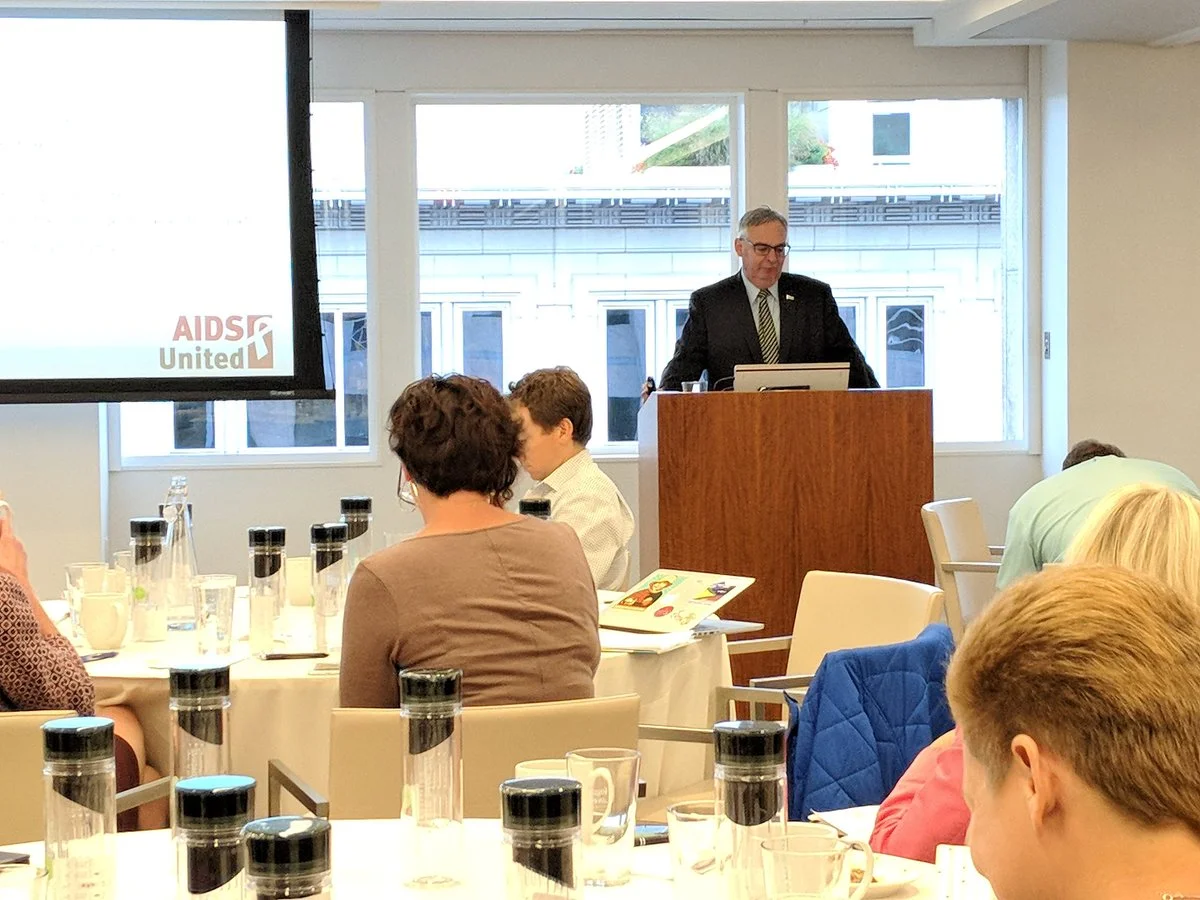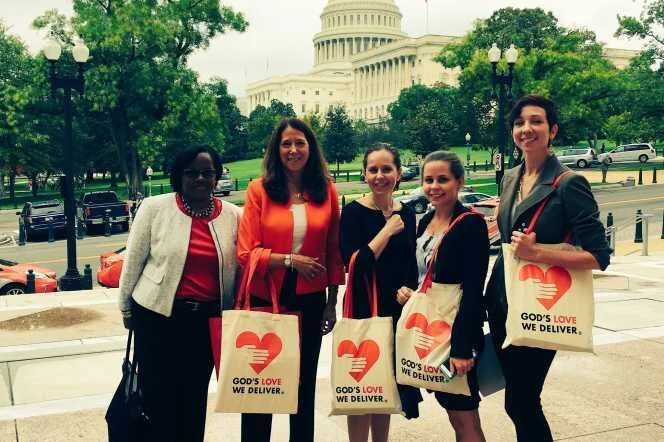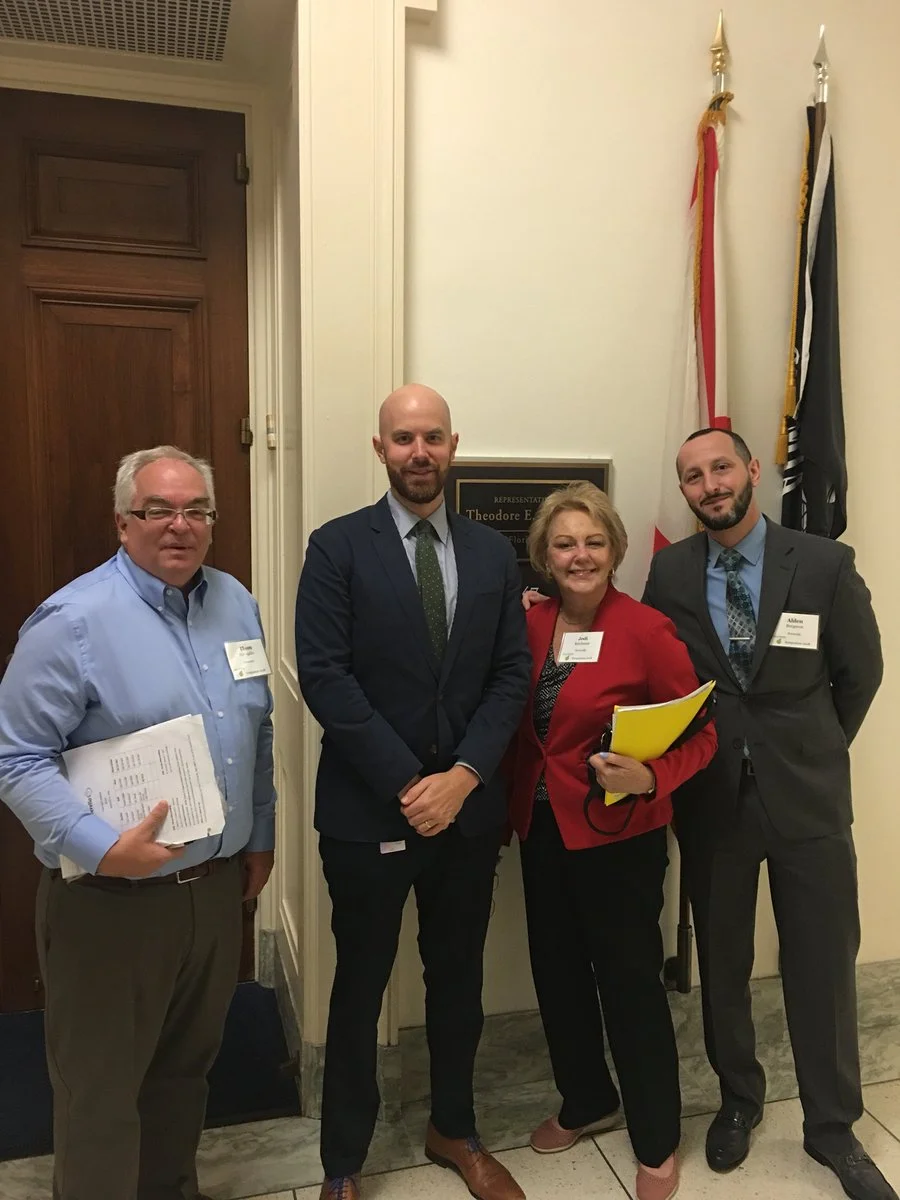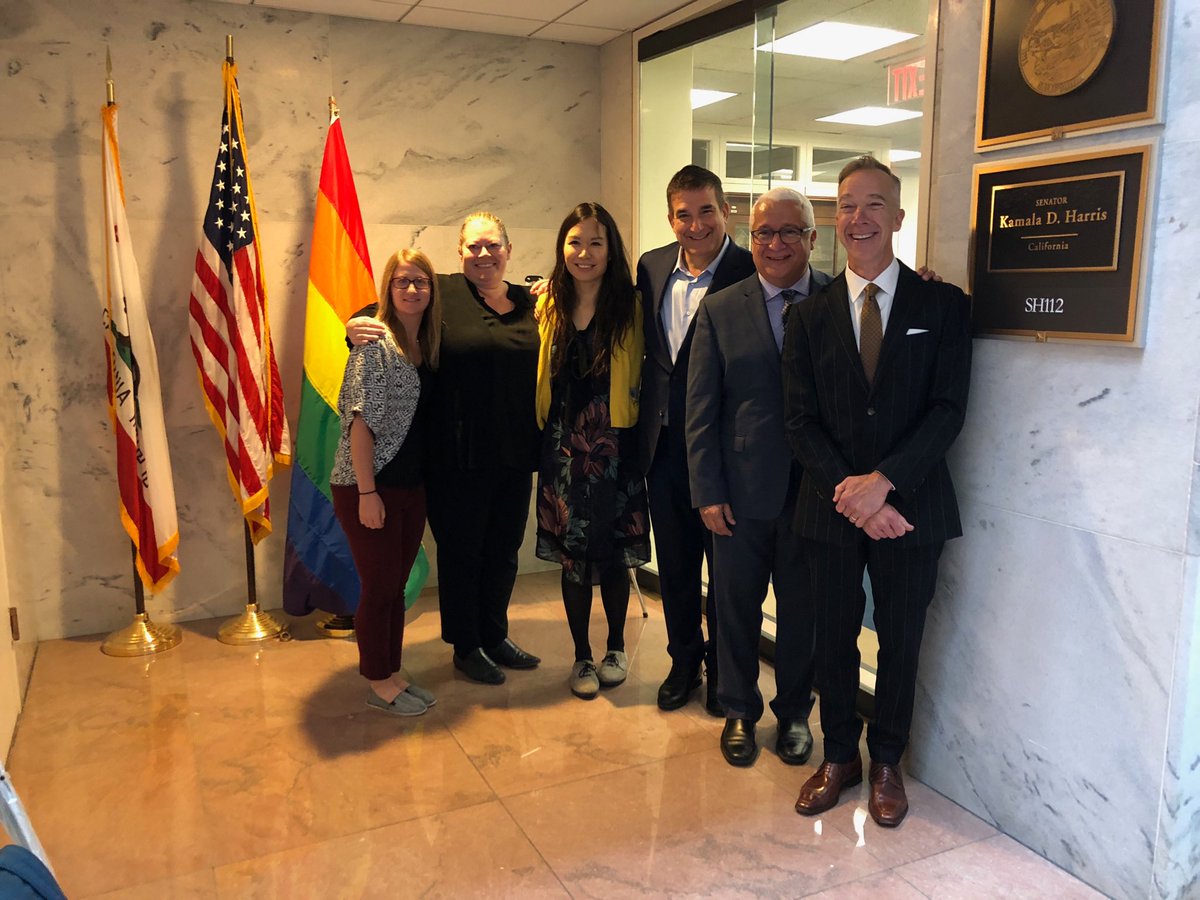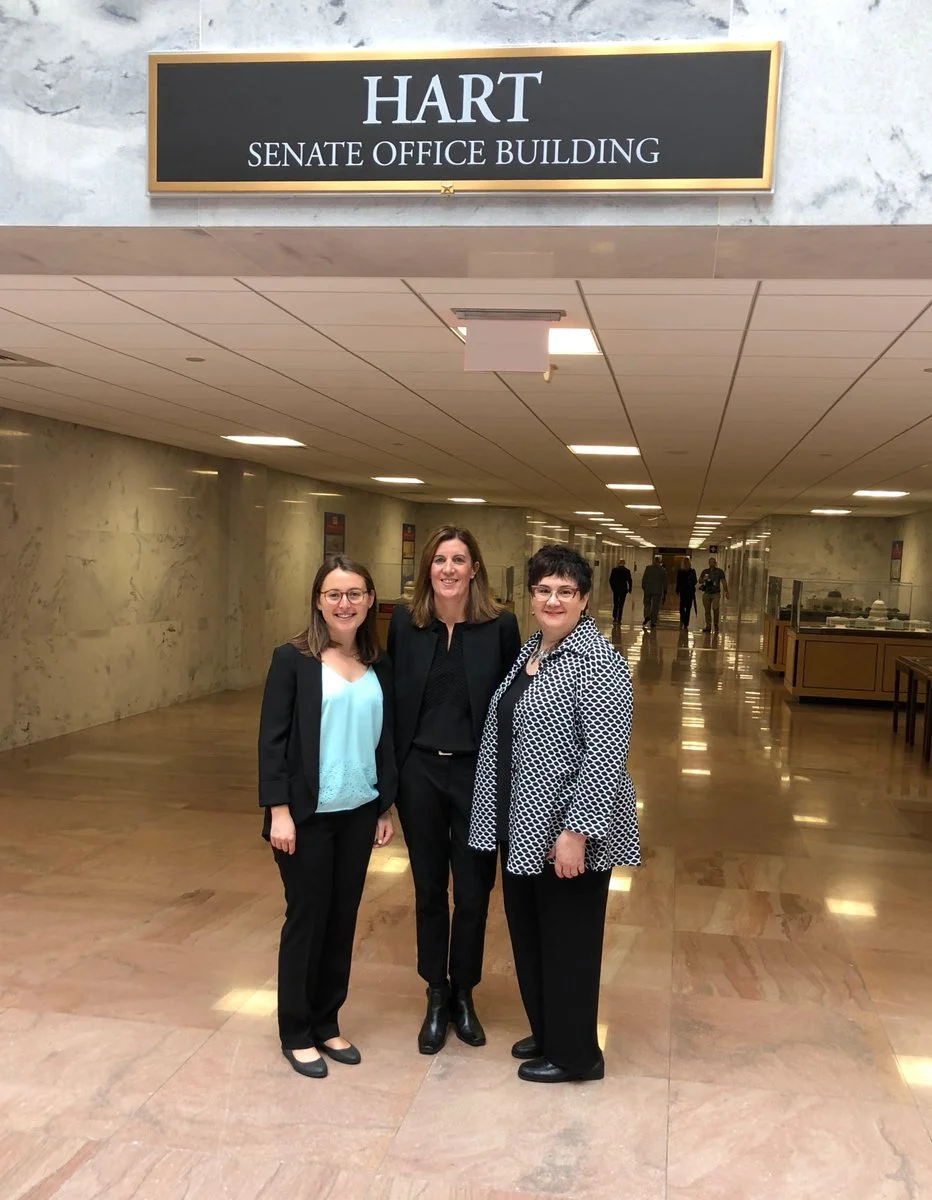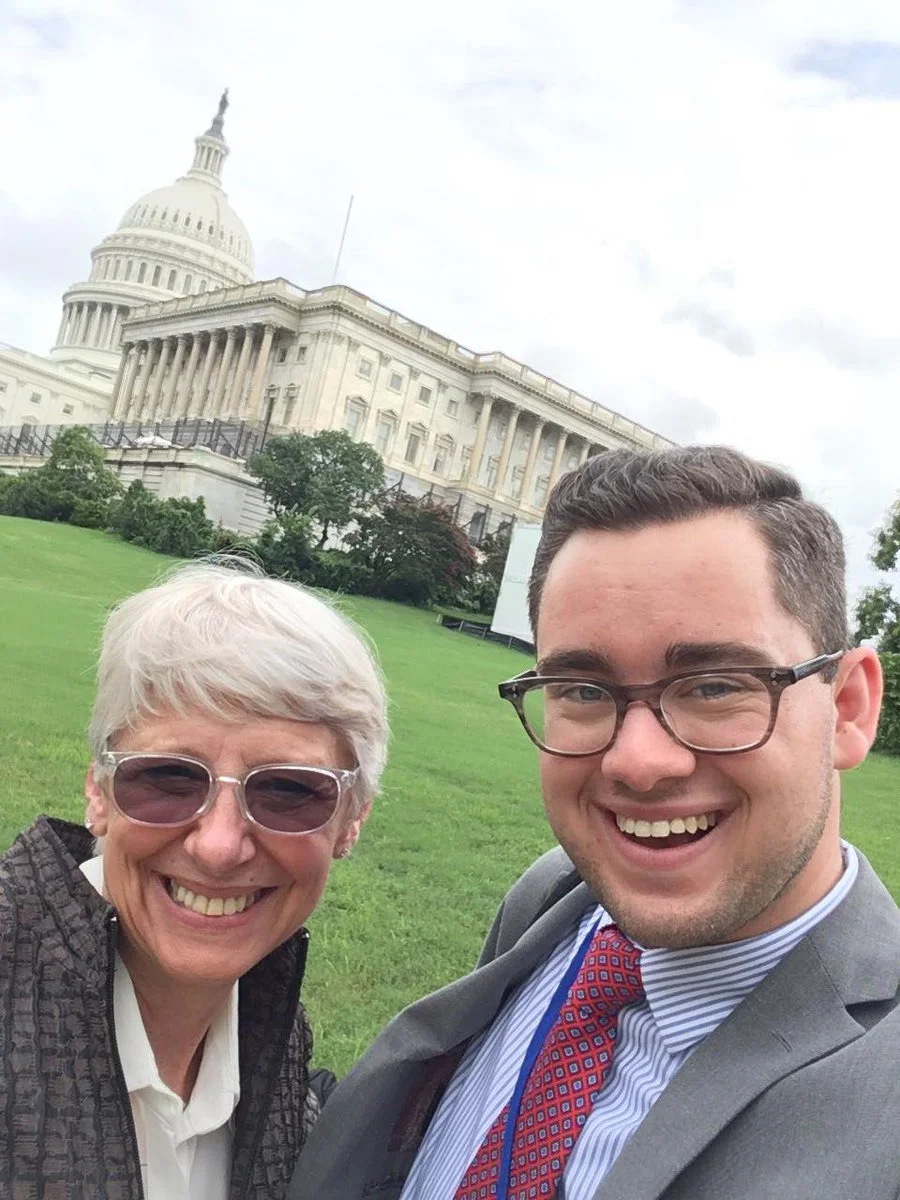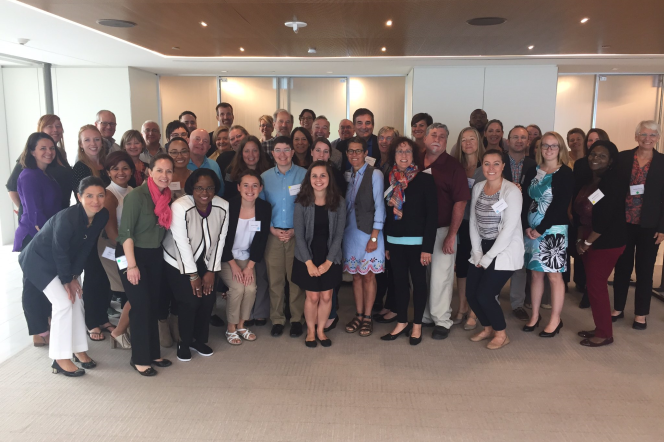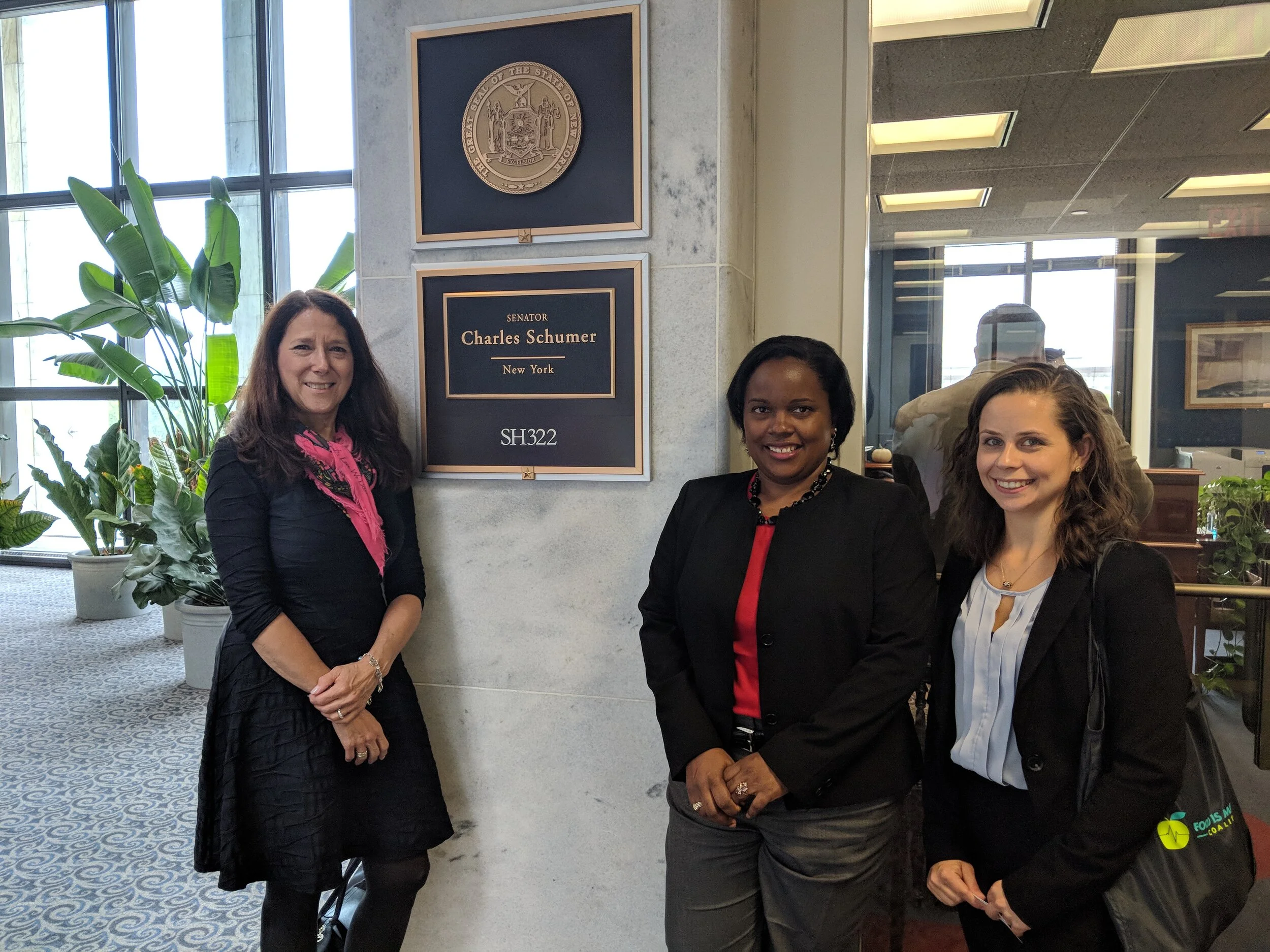Advocacy Capacity Building Project
There are two elements to the ACBP:
1.) Technical Assistance Program: We have broadened the focus of the technical assistance (TA) portion of the ACBP to benefit all organizations in FIMC by offering the ACBP TA as a set of web-based advocacy learning sessions. Topics may include: An Overview on How the Federal Policy Making Structure Works, Medicare Meal Provision; and the Farm Bill. In addition to this TA structure, we mobilize the field by using monthly advocacy calls, webinars and dissemination of e-alerts and sign-on letters.
2.) The National Symposium: In September of each year, FIMC agencies gather at a 3-day symposium, which includes further staff development and - if in Washington, D.C. - a Hill Day. Each year, there are stipends available by application for additional agencies to attend. FIMC Membership is required to attend.
FIMC National Symposium 2022
September 19-21, 2022
The Advocacy Capacity Building Project (ACBP), begun in 2011, is made possible through the generous support of the MAC VIVA Glam Fund, which is committed to building grassroots support for food and nutrition services (FNS) for the critically ill in communities across the entire country.
Purpose: The ACBP is a comprehensive advocacy capacity training program designed to develop the advocacy skill of local FNS organizations serving people living with life-altering illnesses, such as HIV/AIDS, cancer and cardiovascular disease, and to establish a firm foundation for FNS agencies to have a voice in national advocacy for services for our vulnerable clients.
Through the ACBP, FIMC has guided FIMC agencies to seize innovation opportunities in the ACA to incorporate FNS into the medical care continuum. As a result, across the country, FIMC agencies have successful partnerships with Medicaid, Medicare, Dual Eligible and PACE programs, Private insurance and other demonstration projects, like the Delivery System Reform Incentive Payment (DSRIP) model that endeavors to reduce avoidable hospitalizations statewide.

